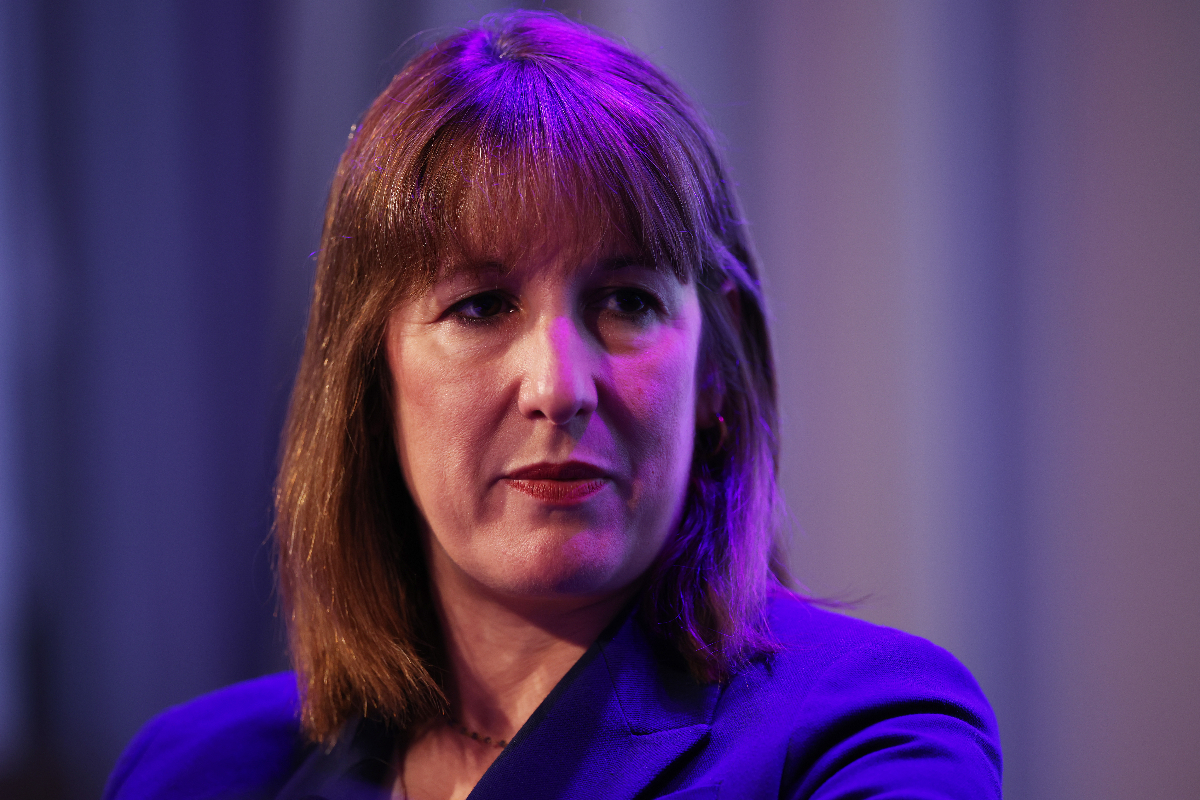By Chris Hayward
Copyright cityam

Attracting investment is all about sending the right signals, and that starts with tax policy, says Chris Hayward
Party conference season brings warm white wine, beige food and late nights. These festivals of politics tend to be high in rhetoric and low in substance. Businesses across the Square Mile seek more of the latter and less of the former as the Budget looms larger on the horizon.
When I wrote last fortnight that “the post-holiday return will present a stark awakening for business leaders and government ministers”, I hadn’t quite envisaged the scale of the recent reshuffle.
Most notably for me and my colleagues in the City, posts charged with growth – the secretary of state for business and trade, City, and investment ministers all changed hands.
I look forward to working with them all. And there’s much to be done.
How to get investment flowing – by sending the right signals to business, international investors and markets – will doubtless be at the top of their in-trays.
A recent EY report paints a sobering picture: global investment is flatlining. For the UK, this means no longer competing for a growing pie but fighting for a larger share of one that is shrinking. This week, the City of London Corporation will publish fresh analysis laying bare the scale of the investment gap – a moment that demands strategic clarity, not dither or delay.
In this context, the government’s recent interventions – from the office for investment: financial services to pension reform, sustainable finance and the ongoing work on the Skills Compact — are not just welcome but essential. Crucially, they have been delivered with the City Corporation, showing the strength of public-private partnerships.
New ministers can rely on the City
As new ministers take up their briefs following the reshuffle, they can rely on the City Corporation to remain a steadfast partner in unlocking growth. But partnership alone is not enough. Their focus must turn to three critical levers that will determine whether the UK can turn ambition into action.
First, we must transform the investor journey. Our call on government was to create an investment hub and they agreed, when the Office for Investment: Financial Services launches later it will broaden the UK’s reach, attracting global capital with a more streamlined, investor-centric approach. To truly lead, the UK must position itself as the most desirable destination in the developed world. That requires a foundation of clarity, consistency, and competitiveness across every stage of the investment process.
Second, Britain is home to world-class founders, yet we continue to underinvest in their early growth. At a recent Tech and Innovation event held at Mansion House, Peter Kyle, then still at DSIT, and Dame Anne Glover, chief executive of venture capital firm Amadeus Capital Partners, stressed the need to unlock capital for emerging technologies. The BVCA estimates just 0.007 per cent of UK and Irish pension assets are in venture capital, less than £1 in every £14,000, compared with 0.5–two per cent for Canadian funds. This misplaced risk appetite is starving firms of future success.
This is the paradox: the UK has one of the world’s largest savings industries, with pension and insurance assets per head almost seven times the global average, yet most of it is parked in low-yield investments
This is the paradox: the UK has one of the world’s largest savings industries, with pension and insurance assets per head almost seven times the global average, yet most of it is parked in low-yield investments. A shift of just 0.5 per cent of pension assets into venture capital could shake the UK economy from its stupor. Productive investments sought by signatories of the Mansion House Accord can then hope to play a role in creating a society into which today’s savers wish to retire.
Third, create co-investment opportunities. With infrastructure investment set to rise by £5bn year on year to meet the government’s £80bn annual target by 2030, the UK must develop a credible pipeline of investible projects, from waste and water to energy grids and telecoms, to attract institutional capital at scale.
Identifying these projects is urgent. The EY report reminds us that investors are cautious, and capital is mobile. To win the race for investment, we must send the right signals. That starts with tax policy. CBI Chief Executive Rain Newton-Smith is right to suggest the government should think twice about coming back to businesses for more following last year’s Budget.
A surcharge on banks, at a time when capital is already scarce, risks undermining the very institutions we need to finance growth. Competitiveness must be the golden thread running through every decision. That means a tax policy that aligns with the industrial strategy.
The reshuffle offers a chance to laser-focus on economic growth. The UK has the tools, the talent, and the institutions to lead, but only if they work in concert. That means aligning fiscal, monetary, and industrial policy around a single mission: making Britain the best place to start, scale, and sustain a business.
Chris Hayward is policy chairman at the City of London Corporation



